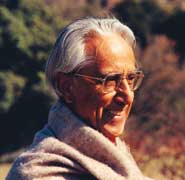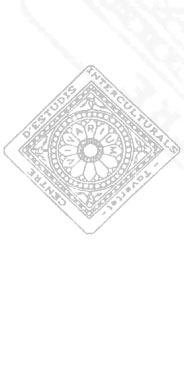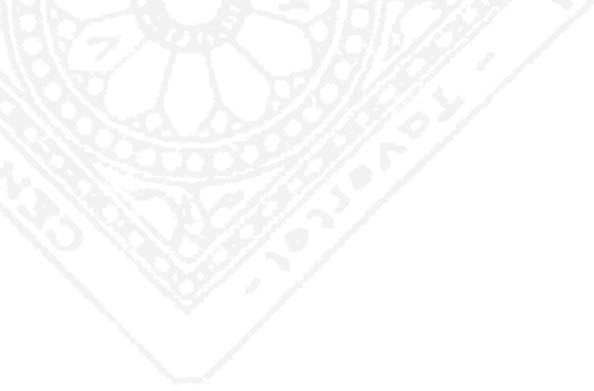




Ontonomy
“I give the name ontonomy to the recognition or to the development of the laws proper to each sphere of being or of human activity, distinguishing higher and lower spheres but without separation or unjustified interferences. Ontonomy is sensitive to the peculiarities proper to each being or class of beings, without absolutizing such regularities as if other beings did not exist and without enslaving them in the service of higher entities, as if lower beings did not also have their own laws.” (Ontonomía de la ciencia. Sobre el sentido de la ciencia y sus relaciones con la filosofía, Madrid 1961)
Ontonomy is one of the most fundamental concepts in the thinking of RP. It deals with nómos toû óntos, the nomos internal to and constitutive of each being, and to a contribution of our author “to the mutual understanding and fertilization of the distinct fields of human activity and spheres of being, allowing for (ontonomic) growth without rupturing the harmony”. It is a concept that may be as crucial for the world of thought (scientific, philosophical, theological – spiritual) as for the political, the economic and any other area of human life.
It entails both the exclusion of the separate disconnected independence of the various spheres of being (autonomy) as well as of the predominance of some spheres over others (heteronomy), in order to achieve a harmonious integration of the distinct parts in the whole (ontonomy). The person is the reality that allows finding an ontonomic order, that allows being a “conjugation with all the pronouns”. After alluding to the stage of heteronomy in Antiquity and the Middle Ages (which represents an attitude which could also be classified as theonomic), followed by the humanist critique which lead to the attitude of autonomy, our author speaks of ontonomy as a new conception of the relation between God and creature:
“The creature is not God. God is not the creature … The relation between God and the creature is neither heteronomy, nor autonomy … The creature certainly is not God, but it is not certain that God is not also the creature … [because] all that is has to be, in some way, God … The creature is not God, but he is of God, in God and through God … he is with God … The ontic structure that ontonomy seeks is neither an intrinsic tie nor an extrinsic relation …
“Ontonomy discovers the mysterious intrinsic laws that allow the harmonious unfolding of a being according to its intimate constitution without doing violence to the other beings. There exists an ontonomic order that we must discover, because only it uncovers for us the true structure of the world” (Misterio y Revelacion).
Once again we have a concept fundamental to the religious conception of Panikkar. In another of his early books, Religion and Religions, he expresses the idea of ontonomy this way: “The nature of religion does not depend on the autonomous nature of man, but rather on his ontonomic structure as a being in, with and through God (Religión y religiones Madrid 1965). Years later, in the new edition of an old book, he again makes use of his concept of ontonomy in speaking of relation between God and beings:
“The humanist reaction against a certain divine heteronomy causes man to fall into the extreme opposite, i.e., into human autonomy. This makes him a slave to himself and a “victim of the elevated concept that he has formed of himself.” As opposed to this, Panikkar proposes ontonomy as the expression of the middle way of the Buddha: “”a way that we would call ontonomic, in order to free man as much from the apotheosis of an exterior God as from the absolutization of the human.”
official site